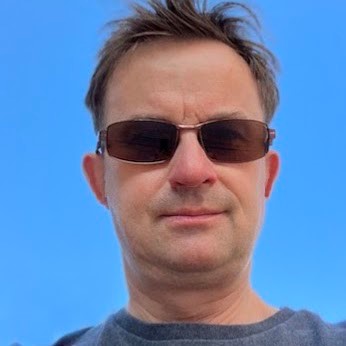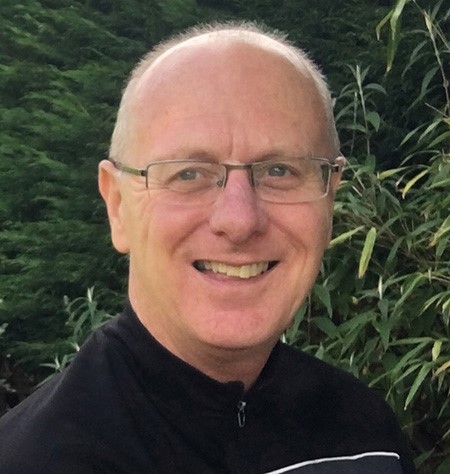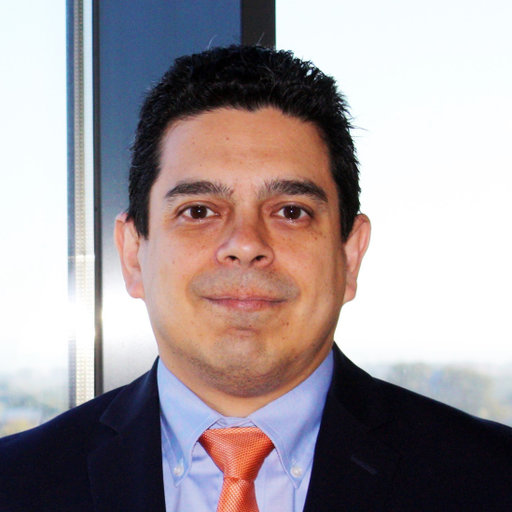Visiting Fellows
- About us
- Centenary 2020
- History and Heritage
- University Awards and Rankings
- Life on Campus
- Sustainability
- Artificial Intelligence Framework
- Swansea University Sport
- Study
- Campus Development
- Press Office
- How to find us
- Virtual Tours
- Our Faculties
- Job Opportunities and Working At Swansea
- Academi Hywel Teifi
- Global Engagement
- Academic Services and Academies Directorates
- Accessibility
- Inclusivity and Widening Access
- Our Strategic Direction
- Staff profiles
- Values
- Hillary Rodham Clinton Global Challenges Programme
- Morgan Advanced Studies Institute (MASI)
- The Technician Commitment at Swansea University
Visiting Fellows 2023/24
Eyetracking study investigating the processing of noun phrases by Welsh/English bilinguals
Title: Eyetracking study investigating the processing of noun phrases by Welsh/English bilinguals
Proposal Leads:
- Prof Neal Snape, Gunma Prefectural Women’s University, Japan
- Dr Vivienne Rogers, Director of the Language Research Centre (FHSS)
- Dr Kyle Jones, Psychology (FMHLS)
Project Aim:
To develop a new methodology making use of the new eye tracking facilities in FHSS, led by Rogers. As this project has not previously been carried out with Welsh/English bilinguals, then it provides a good platform to develop further work on the processing of Welsh in line with specialist research interests in the cross-faculty Language Research Centre (LRC). This project fits perfectly within this space and contributes to the wider aims of the LRC. Prof Snape will travel to Swansea to work with Swansea colleagues to develop the tasks and help administer the experiment. We aim to test 20 people. This should allow for publication of the study in a top journal and be a pilot for both future work on Welsh/English language processing as well as the wider L2 study
Professor Neal Snape

Digital storytelling for equitable futures
Title: Digital storytelling for equitable futures
Proposal Leads:
- Professor David Frohlich (Digital World Research Centre & Department of Music & Media, University of Surrey)
- Professor Simon Robinson, Computer Science (FSE)
Project Aim:
We propose a one-month visit to Swansea by Professor David Frohlich. The visit will develop new research collaborations between the University of Surrey and both the Computational Foundry and the ageing-related centres at Swansea University (Awen Institute/CIA/CADR). This would combine media and interaction design expertise at Surrey with Computer Science and—in a new collaboration around this proposal—Gerontology expertise at Swansea, in the broad area of digital storytelling for equitable futures.
Professor David Frohlich

Visiting Fellows 2022/23
LegalTech for Cybersecurity
Title: LegalTech for Cybersecurity
Lead Proposer: Dr Livio Robaldo (Senior Lecturer in Computational Law, Swansea University)
This project will fund a visiting fellowship for Dr. Rafael Diaz, a research associate professor at Old Dominion University (ODU), Norfolk, VA, US. The project is collocated within an ongoing research collaboration between ODU and Swansea University (SU). The project aims at developing an interdisciplinary grant proposal to the bilateral EPSRC-NSF call1 that the two funding agencies have made at disposal after signing an international agreement.
Cybersecurity risk management is a socio-economic-technical problem
Our aims is to create expertise in collecting, storing, and analyzing knowledge on cyber risk management through the synergy of SU, specifically its School of Law (SOL) and its Department of Computer Science (DCS), and ODU, specifically its College of Business and Engineering (CBE) and its Virginia Modeling, Analysis & Simulation Center (VMASC). We will bring together a three-fold interdisciplinary research agenda in LegalTech, Cyber risk Economics, and Cyber insurance, towards the development of a grant proposal to the aforementioned bilateral EPSRC-NSF call.
To prepare the grant proposal, the project partners need to exchange know-how as well as conduct some preliminary joint research. The requested visiting fellowship will allow dr Diaz to spend approximately one month at SU to interact with key researchers of SOL and DCS.
Specifically, we will investigate to what extent LegalTech technologies (e.g., computational ontologies, Natural Language Processing, Machine Learning, etc.) can be applied to available data about cyber-attacks, coming from different heterogeneous sources, fit to identify similarities and shared concepts and, eventually, a common classification system on which defining metrics and criteria for cost-benefit analyses in cyber risk management as well as of optimal regulatory models for the growing cyber insurance market.
We envision our long-term journey, of which the present fellowship only represents the first step, to eventually culminate in the creation of a Web portal, co-maintained by the two universities, where data about cyber-attacks are incrementally collected and classified. The portal will also implement the aforementioned cost-benefit metrics and criteria in terms of algorithms that run simulations and generate predictive reports out of the collected data. These reports will include estimates of the costs as well as links to the original data sources, which the users will be able to consult. The portal will thus represent a precious reference resource for insurance companies and beyond. Should we succeed in our research plan, we will investigate commercial initiatives of our results, to be negotiated between the technology transfer offices of the two universities.
Dr Rafael Diaz

